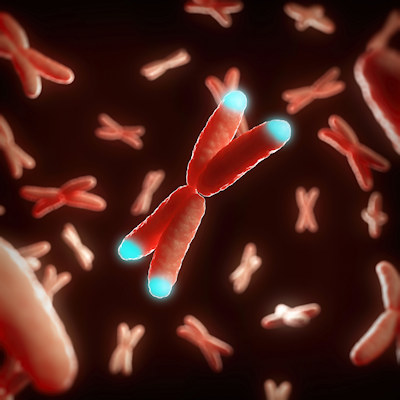 Discovery of telomere-encoded proteins spurs work on blood test for biological age
Discovery of telomere-encoded proteins spurs work on blood test for biological age
The discovery that telomeres, previously considered noncoding DNA, are involved in the production of two proteins is spurring interest in the development of a blood test for biological age. Read More
 Algorithm predicts success of next-generation CRISPR edits, advancing push to treat genetic diseases
Algorithm predicts success of next-generation CRISPR edits, advancing push to treat genetic diseases
A machine learning algorithm has predicted the chances of successfully inserting a gene-edited sequence of DNA into a cell using a next-generation CRISPR-Cas9 approach. Read More
 Software assembles complete genome sequences on-demand
Software assembles complete genome sequences on-demand
National Institutes of Health (NIH) researchers have released an innovative software tool that makes assembling complete genome sequences from a variety of species more affordable and accessible. The study, published February 16 in Nature Biotechnology, describes the software, called Verkko -- “network” in Finnish. Read More
 Adaptive Biotechnologies Q4 revenues rise 46% on NGS test volumes
Adaptive Biotechnologies Q4 revenues rise 46% on NGS test volumes
Adaptive Biotechnologies on Tuesday reported fourth-quarter revenue of $55.2 million, up 46% compared with $37.9 million in Q4 2021. Read More
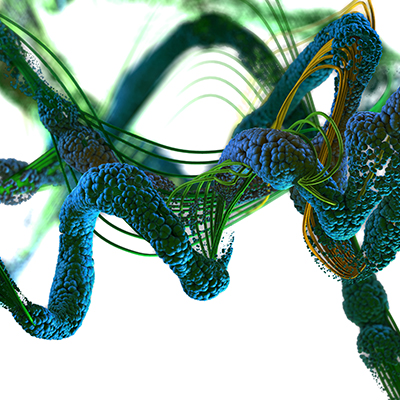 Protein tail mutation may cause rare genetic diseases
Protein tail mutation may cause rare genetic diseases
Researchers from Germany found that a change in a protein’s charge disrupts cellular self-organization, resulting in an extremely rare hereditary developmental disorder called brachyphalangy-polydactyly-tibial aplasia/hypoplasia syndrome (BPTAS). Read More
 MicroRNAs strongly associated with type 2 diabetes in study
MicroRNAs strongly associated with type 2 diabetes in study
Scientists at the NIH’s National Human Genome Research Institute (NHGRI) have found a set of small RNA molecules, called microRNAs, in human pancreatic cells that are strongly associated with type 2 diabetes. Read More
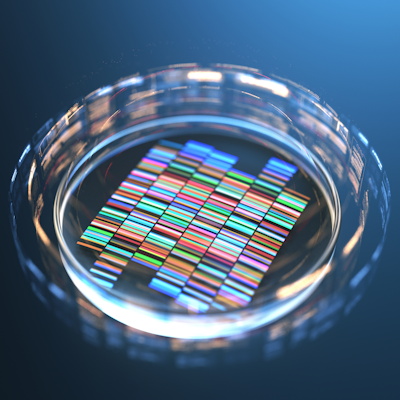 Curio Bioscience emerges from stealth mode with whole-transcriptome spatial mapping kit
Curio Bioscience emerges from stealth mode with whole-transcriptome spatial mapping kit
Curio Bioscience on Wednesday emerged from stealth mode, saying it has commenced commercial operations with the launch of Curio Seeker, a high-resolution, whole-transcriptome spatial mapping kit. Read More
 Study finds 41% of infant deaths associated with genetic diseases
Study finds 41% of infant deaths associated with genetic diseases
Researchers from Rady Children’s Institute for Genomic Medicine have found that the genetic disease contribution to infant deaths is higher than expected. Read More
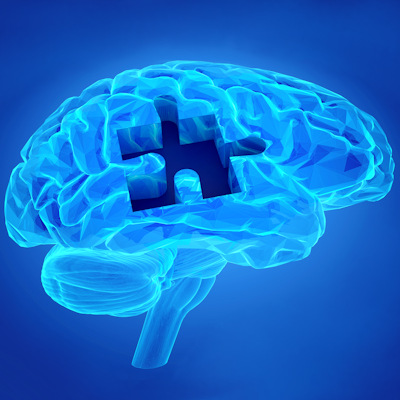 Fluorescent RNA enables real time detection of neurodegenerative disease driver in live cells
Fluorescent RNA enables real time detection of neurodegenerative disease driver in live cells
Writing in Nucleic Acids Research, scientists at Hokkaido University in Japan and the KTH Royal Institute of Technology in Sweden describe the development of a technique for studying a RNA structure called a G-quadruplex. Read More
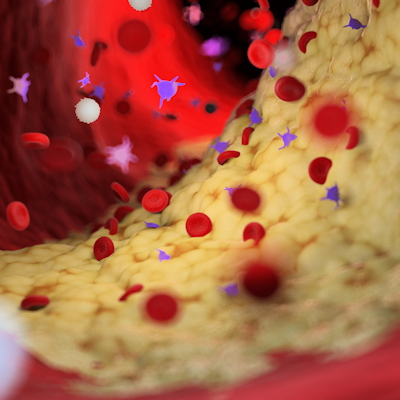 Genes for coronary artery disease identified
Genes for coronary artery disease identified
University of Virginia researchers and their collaborators have identified genes that play a key role in the development of coronary artery disease, the number one cause of death worldwide. The research, published recently in Circulation Research, may provide scientists with promising therapeutic targets as they work to develop new and improved treatments. Read More
Conferences
Science Briefs
Member Rewards
Earn points for contributing to market research. Redeem your points for merchandise, travel, or even to help your favorite charity.
Research Topics
Interact with an engaged, global community of your peers who come together to discuss their work and opportunities.
Connect
Tweets by @ScienceBoard






